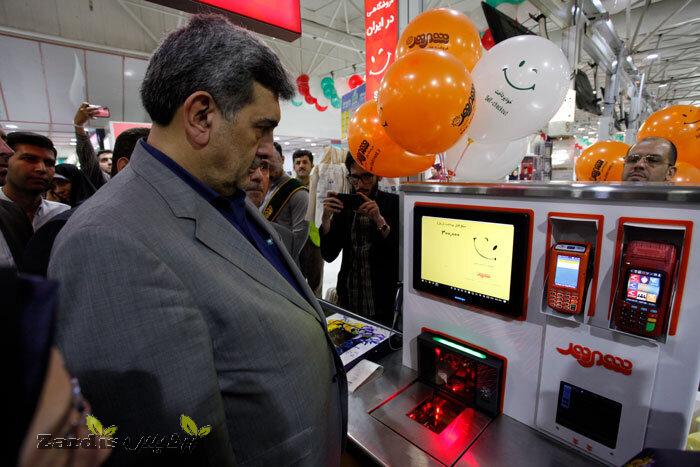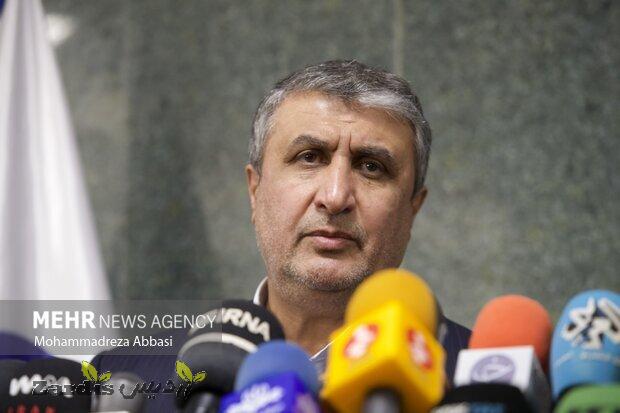TEHRAN – The Municipality of Tehran in cooperation with Japan and the United Nations Development Program (UNDP) unveiled reverse vending machines (RVMs) on Tuesday to promote waste management in the capital.
The machines are manufactured by Iranian knowledge-based companies, which have been funded by the Japanese government with the cooperation of UNDP.
Under the waste reduction plan prepared by the Municipality in 2019, the fourth step is the development of cultural and social infrastructure, and one of the cases is the establishment of RVMs, aiming to recycle the plastic and glass bottles that are widely used in Iran, as well as promoting waste segregation at the source by citizens.
Nine RVMs were launched on the occasion of “International Plastic Bag Free Day”, held annually on July 11, in the presence of Tehran Mayor Pirouz Hanachi, Japanese Ambassador to
Iran Ikawa Kazutoshi, and the representative of the United Nations Development Program Claudio Providas.
Within the next 10 days, six more RVMs will be put into operation, and Tehran will soon have 36 RVMs, according to the UNDP office in Tehran.
Plastic pollution
Plastics remain in the environment for hundreds of years without decomposing, and their chemicals gradually enter the soil and water, in addition to contaminating them, kill animals and eventually enter the food chain.
Microplastics are the phenomenon of modern life today. The average useful life of each plastic bag in Iran is only 12 minutes, while in the past two years, with the outbreak of the
COVID-19 pandemic in the world, the use of plastic objects, like gloves and disposable dishes has also increased more than ever.
In Iran, a total of 4 million plastic waste is generated annually. Plastic bags constitute half a million tons of the whole plastic waste produced in the country annually. Every Iranian consumes an average of three plastic bags a day, 96 percent of which goes directly into the trash bin.
According to the World Population Review 2021, Iran is ranked 17th in the production of plastic waste.
The report also claims that approximately 500 billion plastic bags are used worldwide, and plastic pollution is a global catastrophe caused by humans.
FB/MG
- News code 27478
- 223 View
- بدون نظر
Zardis news | The latest news of Iran and the world
تمامی حقوق مطالب برای Zardis news محفوظ است و هرگونه کپی برداری بدون ذکر منبع ممنوع می باشد.
طبق ماده 12 فصل سوم قانون جرائم رایانه ای کپی برداری از قالب و محتوا پیگرد قانونی خواهد داشت.
طراحی و اجرا: سامانه سایت ساز زردیس







